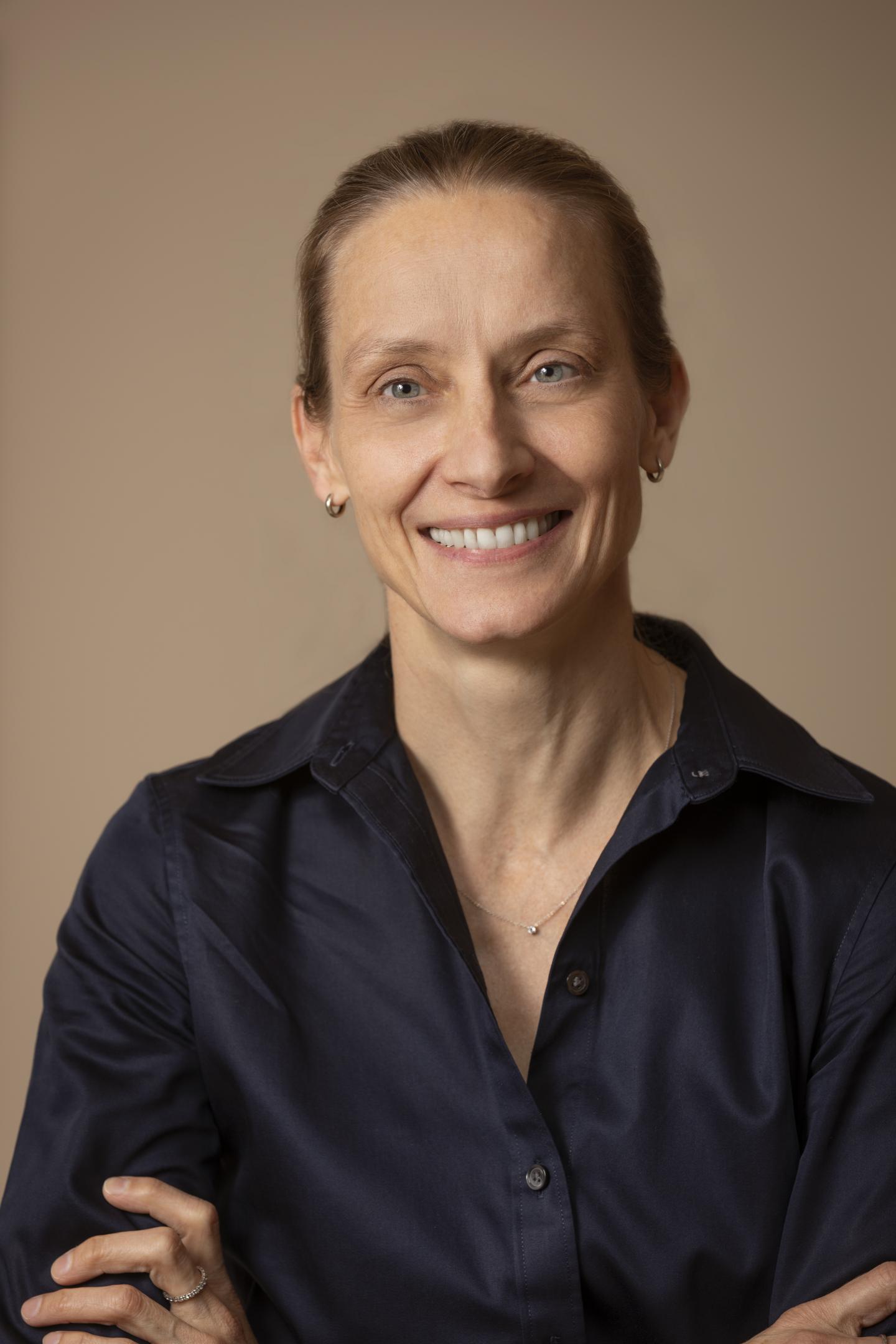
Credit: Yale Cancer Center
In a new study by the Yale Department of Immunobiology and Yale Cancer Center, researchers report combined liver and growth factor humanization enhances human red blood cell production and survival in circulation the immunodeficient murine host. The discovery could help in the development of treatments of life-threatening blood disorders, such as myelodysplastic syndrome, and diseases afflicting red blood cells, including sickle cell disease and malaria. The study is published online today in the journal Science.
“Red blood cell diseases, such as thalassemia and sickle cell disease involve approximately 5% of the population worldwide,” said Yuanbin Song, MD, adjunct Assistant Professor of Medicine (Hematology) at Yale Cancer Center and co-lead author of the study. “Our findings highlight the unique potential of this model in studies of diseases that intricately link red blood cells and the liver, such as malaria.”
“MISTRG” mice were developed in the Yale laboratory of Richard Flavell, PhD, Sterling Professor of Immunobiology at Yale University School of Medicine and Yale Cancer Center and co-senior author of the study to have human growth factors and a human-like immune system. Analysis of the fate of human red cells in MISTRG mice revealed that the mouse liver represents one of the major sites of red blood cell sequestration and destruction. Deletion of the fumarylacetoacetate hydrolase (Fah) gene in MISTRG mice allowed replacement of mouse with human hepatocytes and rescue of human red blood cells in circulation.
Human red blood cells, one of the most common cell types in the body, have been under intense genetic selection throughout human evolution, the damaging consequences of which place a heavy burden on many human populations and healthcare systems.
“This is the first xenotransplantation model with circulating human red cells and it will open novel avenues for the study of disease pathophysiological mechanisms and for preclinical testing of treatments for many diseases, including myelodysplasia, bone marrow failure, sickle cell disease, and others,” said Stephanie Halene, MD, PhD, Associate Professor of Medicine (Hematology), Chief of Hematology at Yale Cancer Center and Smilow Cancer Hospital and co-senior author of the study.
###
This work was supported by the Bill and Melinda Gates Foundation, the Howard Hughes Medical Institute, The Frederick A. DeLuca Foundation, the National Institutes of Health.
Co-lead authors for the study are Rana Gbyli, MSc, from Yale, and Liang Shan, PhD, from Washington University School of Medicine. Contributing authors include Wei Liu, PhD, Till Strowig, PhD, Amisha Patel, MSc, Xiaoying Fu, MD, Xiaman Wang, MD, Mina L. Xu, MD, Yimeng Gao, PhD, Ashley Qin, Emanuela M. Bruscia, PhD, Toma Tebaldi, PhD, Giulia Biancon, PhD, Padmavathi Mamillapalli. MSc, David Urbonas, Elizabeth Eynon, PhD, David G. Gonzalez, PhD, Jie Chen, PhD, Diane S. Krause, MD, PhD and Jonathan Alderman, PhD.
About Yale Cancer Center and Smilow Cancer Hospital
Yale Cancer Center (YCC) is one of only 51 National Cancer Institute-designated comprehensive cancer centers in the nation and the only such center in Connecticut. Cancer treatment for patients is available at Smilow Cancer Hospital through 13 multidisciplinary teams and at 15 Smilow Cancer Hospital Care Centers in Connecticut and Rhode Island. Comprehensive cancer centers play a vital role in the advancement of the NCI’s goal of reducing morbidity and mortality from cancer through scientific research, cancer prevention, and innovative cancer treatment.
Media Contact
Anne Doerr
[email protected]
Related Journal Article
http://dx.





